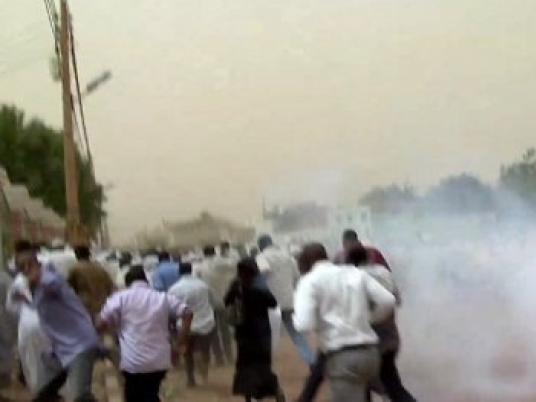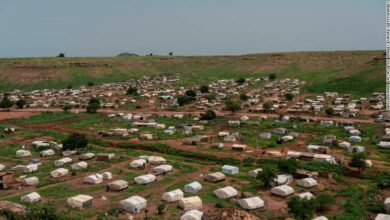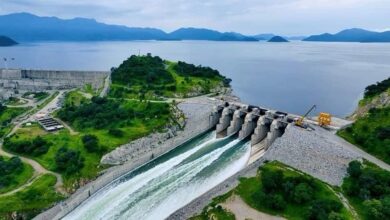
KHARTOUM, Sudan — Sudanese university students armed with sticks and stones on Wednesday staged perhaps their largest protest since unrest sparked by inflation began nearly a month ago, a witness said.
Security forces fired tear gas, said the witness, adding the students at the University of Khartoum were shouting and throwing stones after the protest began mid-afternoon.
"Compared to other demonstrations it's… bigger," said the witness who asked not to be identified.
With protesters scattered around the central campus, it was hard to determine their numbers, the witness said.
"I think it's more than 100," he added.
The university is where an unprecedented three weeks of national protests began on 16 June, when students first voiced their opposition to high food prices.
After President Omar al-Bashir announced austerity measures, including tax hikes and an end to cheap fuel, the scattered protests spread to include a cross-section of people around the capital and in other parts of Sudan.
Protesters are also calling for an end to Bashir's 23-year regime.
A university source said the student demonstrators are now fighting for something else as well.
"A large number of their colleagues are now under arrest," the source said. "I think this is the whole issue now," as exams approach and detained students could lose their academic year, the source said.
It was not immediately clear how many people were detained in the latest university protest but a Sudanese rights group has claimed more than 2,000 have been held since the protests began.
The figure of 2,000 is difficult to confirm but reports indicate that at least 100 people are still detained in the Khartoum area, Amnesty International and Human Rights Watch said in a joint statement on Wednesday.
"Since the protests began on 16 June, Sudanese security forces have repeatedly used excessive force to disperse the demonstrations and arrested scores of peaceful protesters," the statement said.
Activists, journalists, lawyers, doctors, and members of youth groups and opposition parties not directly connected to the protests have also separately been detained, it added.
While many detainees have been released after hours or days, others "face lengthy interrogations in which they are accused of being traitors, communists, or spies; several have reported harsh treatment, including beatings and sleep-deprivation," the watchdogs said.
Bashir has played down the demonstrations as small-scale and not comparable to the Arab Spring uprisings in Egypt and elsewhere, maintaining that he himself remains popular.




